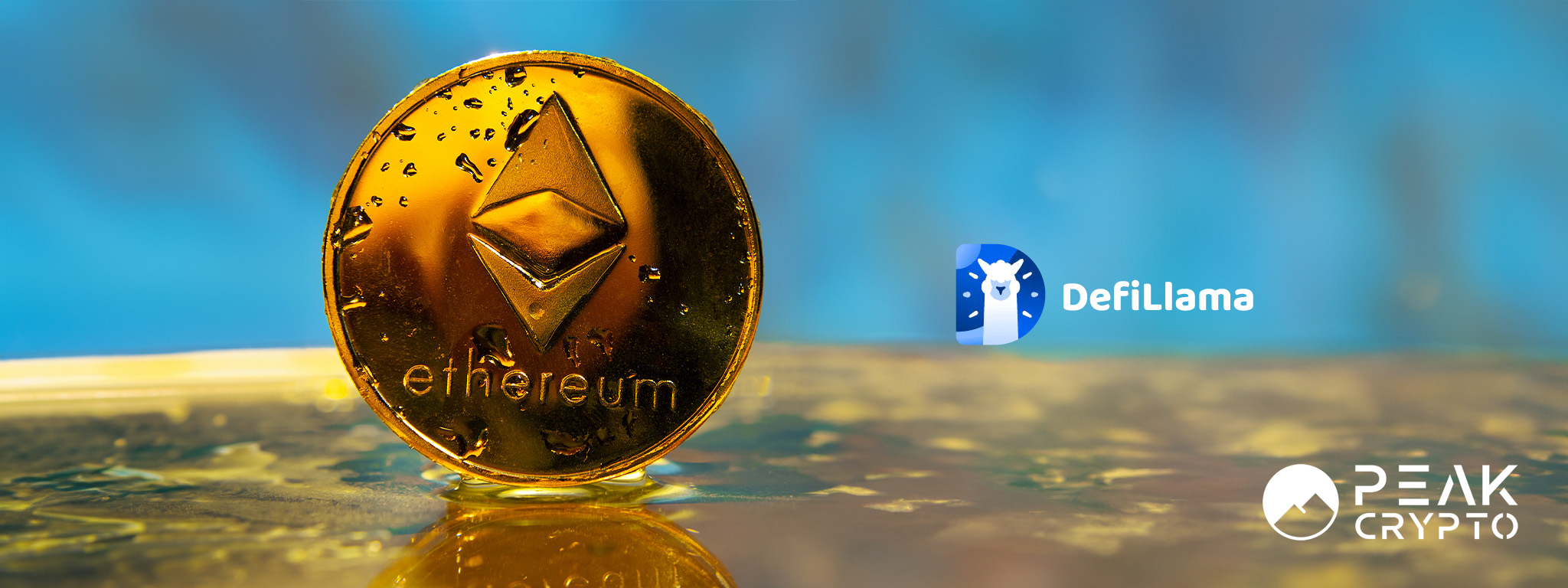The DeFi landscape has significantly transformed with the rise of liquid staking solutions such as Lido and Rocket Pool. These protocols have now surpassed decentralized exchanges (DEXs) regarding total value locked (TVL), establishing themselves as the dominant category within the DeFi ecosystem. Data from DefiLlama, a crypto analytics platform, sheds light on this shift, indicating that the TVL of liquid staking protocols has recently exceeded that of DEXs.
The Changing DeFi Landscape
Total value locked (TVL) is a key metric that quantifies the dollar value of all cryptocurrencies locked within a protocol’s smart contracts. On April 13, liquid staking contracts held $17.19 billion worth of crypto, while DEXs accounted for $18.89 billion. However, the situation has since evolved. DEXs experienced a decline of $1.66 billion, bringing their TVL to $17.2 billion. In contrast, liquid staking solutions saw a $280 million increase, securing the top spot in the DeFi ecosystem with a TVL of $17.47 billion.
The Rise of Liquid Staking Protocols
Liquid staking protocols are staking pools that handle the staking process on behalf of users, issuing tokens that represent the users’ deposited crypto. These applications can utilize DeFi tokens, allowing users to stake their coins and leverage them in other applications simultaneously. The flexibility offered by liquid staking protocols has played a significant role in their growing popularity.
DefiLlama’s data as of May 1 provides insight into the top liquid staking protocols. Lido (stETH) is leading the pack, which currently holds $11.54 billion in cryptocurrency within its contracts. Following closely is Coinbase Wrapped Staked Ether (CBETH) with $2.19 billion locked, while Rocket Pool (rETH) ranks third with $1.46 billion. The remaining protocols have a TVL of less than $1 billion, totaling $2.22 billion.
Implications and Future Outlook
The increasing TVL in liquid staking solutions, surpassing that of DEXs, signals a shift in user preferences and priorities within the DeFi landscape. This development raises important questions about the future of DeFi and the role of liquid staking protocols. As more users adopt liquid staking, it becomes crucial to closely monitor its impact on network security, decentralization, and overall user experience. The prominence of liquid staking solutions has already reshaped the DeFi scene, giving rise to new products and services that cater to the market’s evolving needs.





